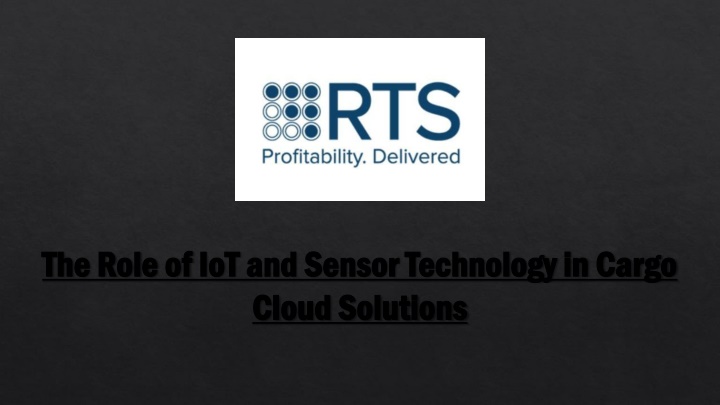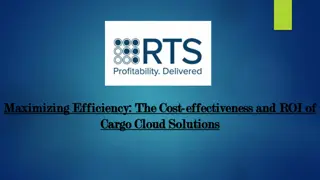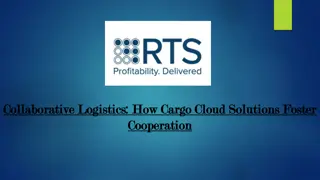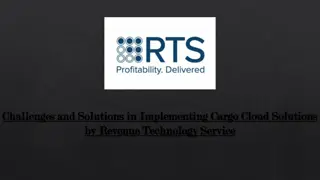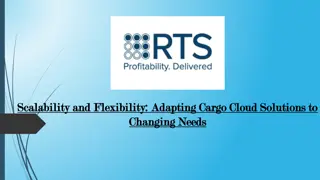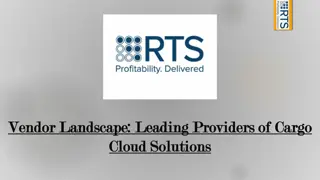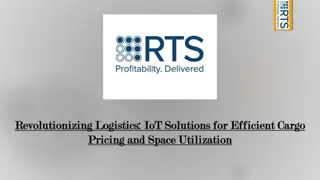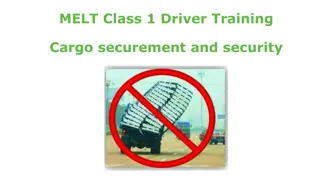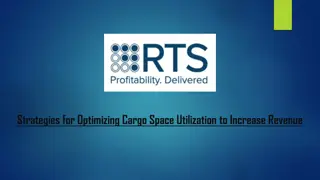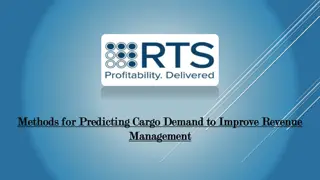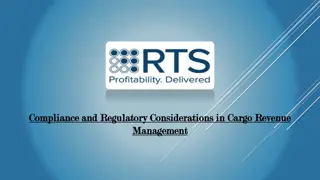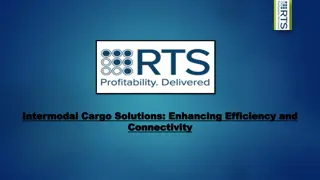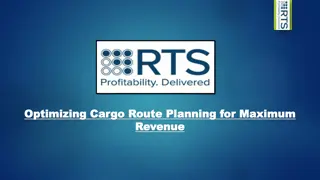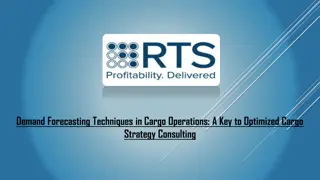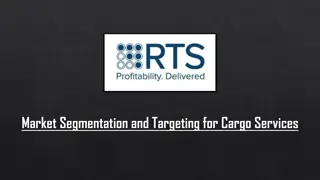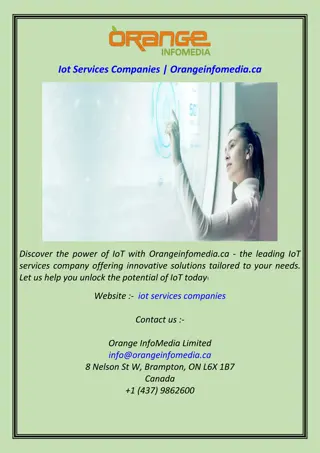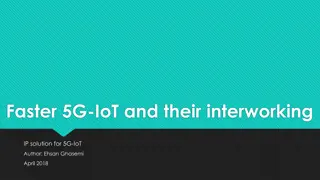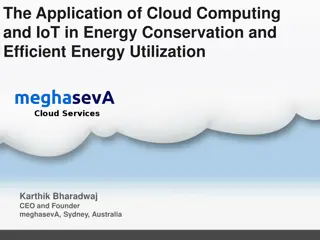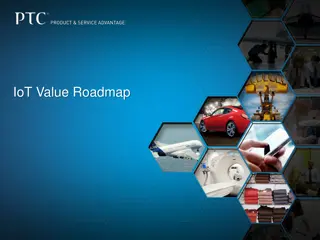The Role of IoT and Sensor Technology in Cargo Cloud Solutions
nIn today's fast-paced global economy, the efficient and secure movement of goods is crucial for businesses across industries. The emergence of innovative technologies such as the Internet of Things (IoT) and sensor technology has revolutionized the way cargo is managed and tracked throughout its journey. Revenue Technology Service (RTS) has been at the forefront of leveraging these technologies to enhance cargo cloud solutions, offering businesses unprecedented visibility, control, and efficiency in their supply chain operations.
Download Presentation

Please find below an Image/Link to download the presentation.
The content on the website is provided AS IS for your information and personal use only. It may not be sold, licensed, or shared on other websites without obtaining consent from the author.If you encounter any issues during the download, it is possible that the publisher has removed the file from their server.
You are allowed to download the files provided on this website for personal or commercial use, subject to the condition that they are used lawfully. All files are the property of their respective owners.
The content on the website is provided AS IS for your information and personal use only. It may not be sold, licensed, or shared on other websites without obtaining consent from the author.
E N D
Presentation Transcript
The Role of The Role of IoT IoT and Sensor Technology in Cargo and Sensor Technology in Cargo Cloud Solutions Cloud Solutions
In today's fast-paced global economy, the efficient and secure movement of goods is crucial for businesses across industries. The emergence of innovative technologies such as the Internet of Things (IoT) and sensor technology has revolutionized the way cargo is managed and tracked throughout its journey. Revenue Technology Service (RTS) has been at the forefront of leveraging these technologies to enhance cargo cloud solutions, offering businesses unprecedented visibility, control, and efficiency in their supply chain operations. IoT, often referred to as the backbone of the fourth industrial revolution, encompasses a network of interconnected devices embedded with sensors and software that enables them to collect and exchange data over the internet. In the realm of cargo management, IoT plays a pivotal role in facilitating real-time tracking and monitoring of shipments. By equipping cargo containers, vehicles, and assets with IoT-enabled sensors, RTS enables businesses to gather a wealth of data regarding the location, condition, and status of their cargo at any given time.
Sensor technology complements IoT by providing granular insights into various environmental factors that can impact the integrity of cargo during transit. Temperature, humidity, light exposure, and shock/vibration are among the critical parameters monitored by sensors to ensure the quality and safety of goods, especially in industries such as pharmaceuticals, food, and electronics, where stringent compliance standards must be met. The integration of IoT and sensor technology into cargo cloud solutions offers several significant advantages for businesses: Enhanced Visibility: With real-time tracking and monitoring capabilities, businesses gain full visibility into the entire supply chain process, from the moment goods leave the warehouse to their final destination. This transparency enables proactive decision-making, reduces the risk of disruptions, and improves overall operational efficiency. Improved Security: IoT-enabled devices can detect unauthorized access, tampering, or theft of cargo in transit, triggering instant alerts to relevant stakeholders. By enhancing security measures, businesses can mitigate the risk of loss or pilferage, safeguarding their valuable assets and maintaining trust with customers. Predictive Analytics: By analyzing the vast amount of data generated by IoT sensors, RTS can leverage advanced analytics and machine learning algorithms to forecast potential issues or bottlenecks in the supply chain. Predictive insights empower businesses to optimize routes, allocate resources efficiently, and proactively address emerging challenges before they escalate into costly disruptions. Compliance and Quality Assurance: For industries with stringent regulatory requirements, such as pharmaceuticals and perishable goods, IoT-enabled sensors ensure compliance with temperature-controlled transportation standards (e.g., Good Distribution Practice). By continuously monitoring environmental conditions, businesses can demonstrate adherence to regulatory guidelines and uphold product quality throughout the supply chain. Cost Savings: By streamlining operations, minimizing delays, and preventing losses, IoT-powered cargo cloud solutions contribute to significant cost savings for businesses. Optimized routes, reduced inventory holding times, and lower insurance premiums are among the tangible benefits that translate into improved profitability and competitive advantage.
In conclusion, the integration of IoT and sensor technology into cargo cloud solutions represents a paradigm shift in the way businesses manage and optimize their supply chain operations. By harnessing the power of real-time data analytics, RTS empowers businesses to transform their logistics processes, drive innovation, and deliver superior customer experiences. As technology continues to evolve, the role of IoT and sensor technology in shaping the future of cargo management will only become more pronounced, revolutionizing the way goods are transported, monitored, and delivered worldwide.
THANK YOU THANK YOU
